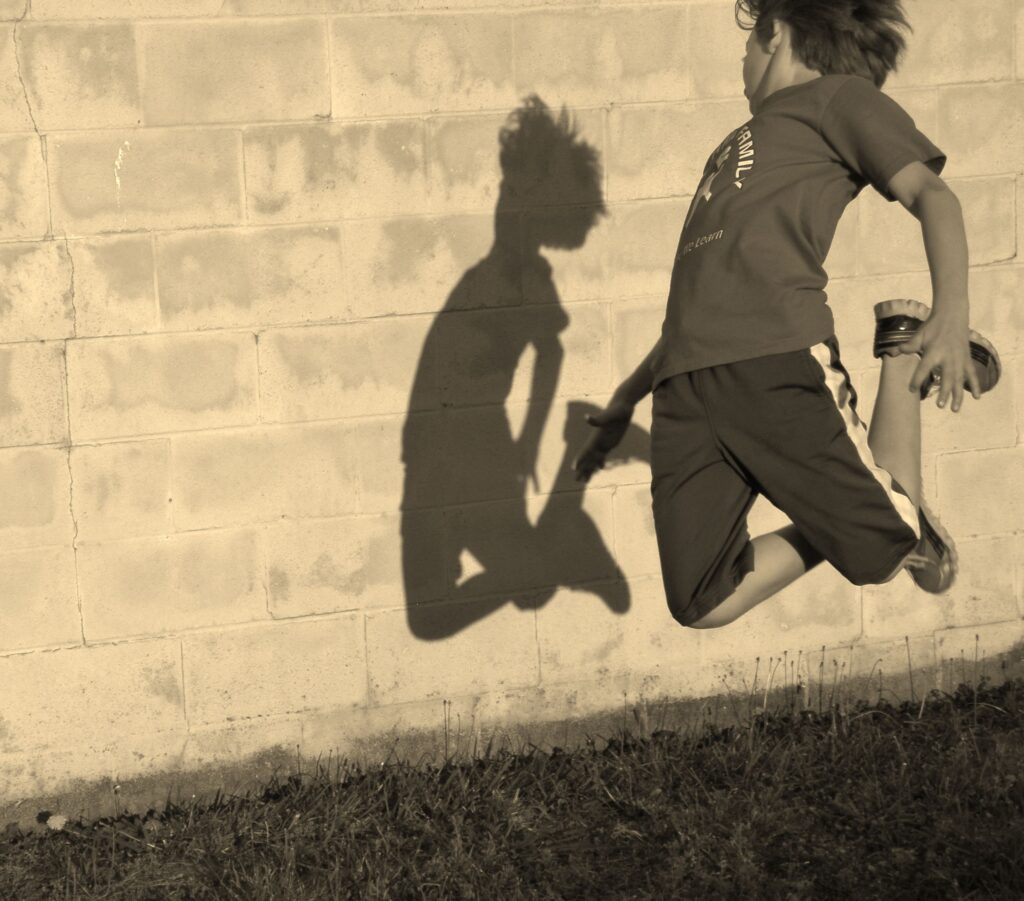Well Being

How well the being residing within your body feels?
We often think of ourselves as just a body and forget that the “being” residing within this body is the real “YOU”. This being within you is made up of a plethora of experiences, actions, thoughts, activities and behaviours. The health of the being within us plays a colossal role in the quality of life we experience here on this earth as a humans. This contributes to the bigger picture that is our overall state of wellbeing, which affects our day-to-day enjoyment and comfort.
As human beings, we go through a lot of experiences in our lives. These experiences shape our ideas, our thoughts, behaviours and personalities and have the power to impact us in a positive or a negative way. The ability of an individual to stay happy, healthy and comfortable in any given situation depends on his/her wellbeing. When we think of wellbeing, we need to remember that it comprises all elements of wellness – that is good physical health and good mental health.
Sarah Stewart-Brown, professor of public health at Warwick University (UK) and wellbeing expert explains that wellbeing can take many forms, but a useful description is “feeling good and functioning well and feeling happy is a part of wellbeing but far from the whole”.
The most recent and extensive research evidence suggests there are 5 main ways all individuals can play an active role towards improving and maintaining a sense of wellbeing:
- Connect
We are social animals and thrive on connection. The feeling of contentment that we get when we are able to truly connect with other people has a major impact on our wellbeing. - Be Active
Our physical well being is very important as a healthy mind can only stay in a healthy body. Taking care of oneself starts with taking care of your body by incorporating movement and physical activities throughout your day - Keep Learning
An idle mind is often called the devil’s workshop. When we engage our mind in learning, we enhance the nuero connections in our brain and it in turn enhances our overall wellbeing. Learning programs the brain. It is nature’s way to create simultaneously both “hardware” and “software” for the brain. Neuroscientists have long known that learning experiences change the functional circuitry that is used to process and remember a given learning event. - Be Aware
To be aware means being aware of your thoughts and feelings as they arise, without getting lost in them. This can increase your ability to keep calm, reduce stress, think clearly, cope better with difficult situations and improve mood. - Help Others
While it is good to focus on ourselves as individuals, it is important to remember that we all are in this together. Being kind and helping others enhances our own wellbeing as well. Scientific studies show that helping others boosts happiness. It increases life satisfaction, provides a sense of meaning, increases feelings of competence, improves our mood and reduced stress. It can help to take our minds off our own troubles too!
Well-being and children
Well-being plays a crucial role in early childhood education and care. Children’s learning is dynamic, complex and holistic. Physical, social, emotional, personal, spiritual, creative, cognitive and linguistic aspects of learning are all intricately interwoven and interrelated.
Play is a context for learning that: allows for the expression of personality and stimulates a sense of wellbeing. Children actively construct their own understandings and contribute to others’ learning. They recognise their agency, capacity to initiate and lead learning, and their rights to participate in decisions that affect them, including their learning.
Wellbeing includes good physical health, feelings of happiness, satisfaction and successful social functioning. It influences the way children interact in their environments. A strong sense of wellbeing provides children with confidence and optimism which maximise their learning potential.
Socially and emotionally competent children:
- are confident
- have good relationships
- communicate well
- do better at school
- take on and persist with challenging tasks
- develop the necessary relationships to succeed in life
Strong social and emotional competence may also provide resilience against stressors (AIHW 2012). Wellbeing and a strong sense of connection, optimism and engagement enable children to develop a positive attitude to learning.
Therefore, it is crucial to provide children with the right kind of environment that enhances their wellbeing and helps them to be resilient in the face of adversity. When we do this, we are not just improving their present, but providing them the strong foundation that they can bank upon for a healthy and secure future.

Neeti is a passionate Early intervention advocate with a teaching background. Her experience in working with children with special needs fuelled her fire for learning more about inclusion so she can help families live more fulfilled and wholesome lives.

